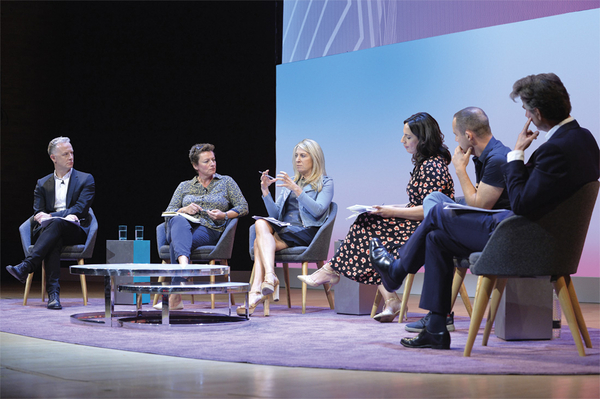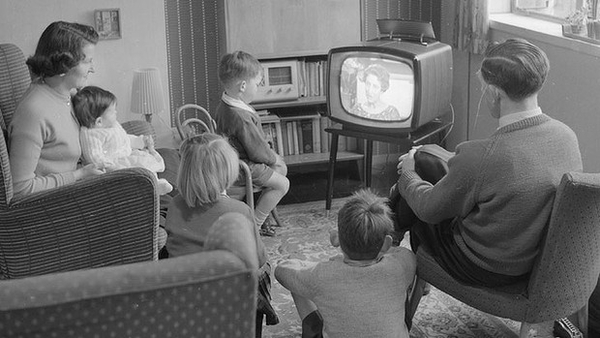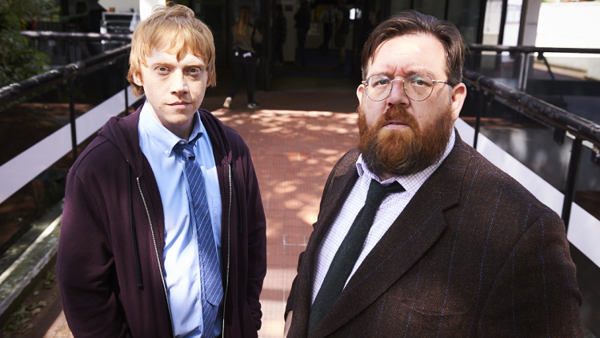Strengthening trust in the BBC following the Dyson report
It feels like remote history, but it’s true: 27.1 million people watched Boris Johnson announce the first lockdown for the UK on 23 March last year. The sequel in May, announcing the path out of lockdown, attracted an even larger audience of 27.5 million, while the PM’s announcement of a repeat of lockdown in January this year drew a slightly smaller audience – as repeats tend to – of “only” 25.2 million.




